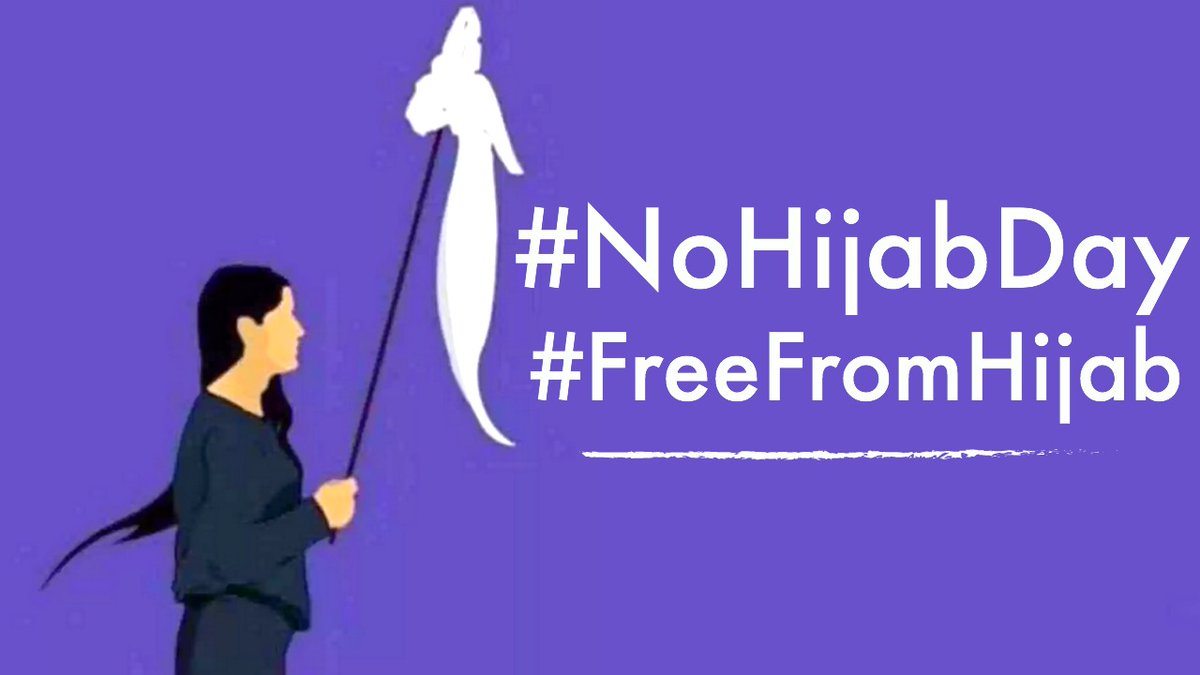Islamophilia Infests LGBT Pride Marches
2017-07-20, updated 2017-07-22
A report of how pro-Islamist groups have attempted to censor criticism of Islamic homophobia at two recent LGBT pride marches.
Sommaire en français
Comment plusieurs groupes pro-Islamist ont essayé de faire taire la critique de l’homophobie islamique lors de deux récents défilés de la fierté LGBT.
Recently two pride marches — in Toronto, Ontario, Canada and in London, England — have been marred by attempts to censor legitimate criticism of Islam, Islamism and Islamic homophobia.
Toronto
At the Toronto event on June 25th, a contingent of Iranian gays and other sexual minorities marched to protest the extreme homophobia of the brutal regime which rules their home country. However, they were almost prevented from doing so by a group of so-called “anti-fascists” as can be seen in the video Leftists call Muslim refugees islamophobic at Toronto Pride. I am not sure what group it was, as Antifa Toronto claims that they were not involved. At any rate, as Maryam Namazie reports:
[…] some ‘anti-fascists’ surrounded Iranian refugees and LGBTQ activists and absurdly chanted ‘No Hate at Pride’ – as if defending LGBTQ people in Iran or countries under Islamic rule is ‘hateful’.
Police intervention ensured that they weren’t able to stop the Iranians from joining Pride as the video below shows.
The irony of “anti-fascist” activists accusing an Iranian holding a sign saying “I am Muslim and condemn the persecution of LGBTQ+ in Islamic countries” of “Islamophobia” was clearly lost on them. It’s just another example of how criticism of Islamism or even Islam is conflated with bigotry against Muslims at the expense of dissenters and to the advantage of Islamists.
Source: In Toronto LGBT Iranians were branded as ‘Islamophobes’
This incident is yet another clear example, as if one were needed, of how use of the censorious accusation of “Islamophobia” enables Islamofascism by making it even more difficult to criticize the excesses of political Islam and Islamist theocracies. In particular this harms the people who are already in a difficult position: gays, other sexual minorities, apostates, etc. who are persecuted by Islam.
Last year (2016) Toronto Pride was disrupted by the organization Black Lives Matter (BLM) protesting the presence of police in the march. BLM activists were successful in forcing Pride organizers to ban police participation, so this year a contingent of Toronto police went all the way to New York City to march in their gay pride parade!
When I was very actively involved in the gay movement back in the 1970s (we quaintly called it “Gay Liberation” in those days), even the thought of police actually participating in our march would have been preposterous. The police were there on duty, only for basic security and control, certainly not as participants. Relations between gays and the police were very strained indeed because the police were often very homophobic and barely tolerated our existence. But times have changed greatly since then.
The 2016 incident with BLM may appear unrelated to this year’s attempt to block Iranian refugees and LGBTQ activists. But the two incidents are indeed related. (1) Firstly, if one consults the list of demands on the web site of BLM-Toronto, we see that the demand “END ISLAMOPHOBIA & WHITE SUPREMACY” features prominently. That statement is extremely problematic for two reasons: it declares “Islamophobia” to be something one should fight against, which is nonsense, because there is nothing irrational or objectionable about fearing a dangerous religion such as Islam (or Christianity, or several others). Even worse, the statement lumps “white supremacy” — which indeed is a very dangerous and reprehensible form of racism — in with it. Such an inconsistent and ridiculous demand shows that whoever prepared the list is not even clear about what racism is, because a religion has nothing to do with race. How can we support an ostensibly anti-racist organization which is so evidently incompetent? (2) Secondly, Toronto police were involved in both incidents.
When so-called “anti-racist” and “anti-fascist” groups take actions which are more regressive than those of the police, then it is time for the leaders and members of those groups to undertake some serious reflection.
In both incidents, a group denouncing “Islamophobia” and thus showing its affinity with the regressive pro-Islamist “left” disrupted or attempted to disrupt the event. In both incidents, Toronto police took a position which was ironically more progressive than that of either BLM or the “antifas.” In the first incident police wanted to march for gay rights but were prevented. In the second they intervened and allowed the Iranians to march for gay rights. When so-called “anti-racist” and “anti-fascist” groups take actions which are more regressive than those of the police, then it is time for the leaders and members of those groups to undertake some serious reflection.
London
Meanwhile, across the pond in London, events transpired which somewhat resembled those in Toronto two weeks earlier. The group Council of Ex-Muslims of Britain marched in the July 8th Pride parade carrying banners with slogans such as “ALLAH IS GAY,” “FUCK ISLAMIC HOMOPHOBIA,” and my personal favourite “WE’RE HERE, WE’RE KAFFIR, GET USED TO IT.” (The term “kaffir” or “kafir” means a non-Muslim or an apostate of Islam.) It was a great success, as can be seen in the video The Council of Ex-Muslims of Britain (CEMB) participates in Pride and in the report on the CEMB web site. CEMB’s participation was not blocked, although “police initially tried to remove placards with the slogan ‘Allah is Gay’ because of complaints of ‘offence’.”
More negative reactions came quickly in the aftermath of the march. The East London Mosque was so upset that it filed a formal complaint with Pride festival organizers. They of course denounced CEMB’s participation as “Islamophobic” and they criticized placards naming the Mosque as promoting homophobia. And they were particularly irate about the “ALLAH IS GAY” slogan.
Now, the slogan “Allah is gay” is of course meaningless, because Allah is a fictional character. It is like saying, “Superman likes blueberries” or “Thor is left-handed.” Nevertheless, it is a very useful slogan because it exposes homophobia. Indeed, the very fact that the East London Mosque was so offended by it means that they are homophobic, because they consider that calling their god gay is shameful. But in reality, it is the other way around. It is insulting to gays to be associated with such a distasteful character as Allah. But we know he is fictional, so we are not offended. And even if he were real, that would not justify censorship of the slogan.
The mosque accused CEMB of inciting hatred of Muslims, which of course they were not at all doing. CEMB was simply denouncing homophobia — and sometimes very violent and even deadly homophobia — based on Islam and enforced by theocratic regimes. As Maryam Namazie, speaking for CEMB in an email, declared:
the very reason CEMB was at Pride was to combat hate and to highlight the 13 states under Islamic rule that kill gay men (14 if we include Daesh-held territories). We included placards on the East London mosque to bring attention to the fact that there are mosques here in Britain that promote the death penalty for homosexuality and apostasy.
As ex-Muslims, we are at risk from hate preachers that speak at some mosques and universities; our gay members are at an increased risk.
The East London Mosque has a long history of hosting hate preachers who incite against blasphemers, apostates and homosexuals so we felt naming and shaming them was very apt.
Unfortunately, Pride organizers have so far reacted badly, denouncing CEMB. In the words of a spokesperson:
“All volunteers, staff and parade groups agree that Pride celebrates diversity and will not tolerate any discrimination of any kind. While our parade has always been a home to protest, which often means conflicting points of view, Pride must always be a movement of acceptance, diversity and unity. We will not tolerate Islamophobia.”
Evidently, the organizers do not accept a diversity of opinion and have bought into the dishonest propaganda of those who use accusations of “Islamophobia” as a form of bullying to silence legitimate criticism of Islamic ideology.
But CEMB has fought back rapidly, declaring that ‘They are trying to silence us’. Speaking for CEMB, Maryam Namazie said:
“Why are signs critical of Islam (a belief) and Islamism (a far-right political movement) ‘anti-Muslim’?” Muslims are people, with as many different opinions as anyone else. They are not a homogeneous group but individuals. Some will agree with us, others won’t. In fact, several Muslims visiting from Bangladesh joined us. The incredible support we received from minorities in the crowd cheering us on is a reflection of that. Not everyone was offended. And offence can never be a reason to censor and silence dissent.”
“[…] the climate we live in where bullies and homophobes are rewarded and victims blamed.”
As for the East London Mosque:
“The fact that […] their complaint is taken seriously by Pride speaks volumes about the climate we live in where bullies and homophobes are rewarded and victims blamed. The real problem for them is that we are ex-Muslims. We are not allowed to speak or show ourselves or challenge views that degrade and denigrate us.”
Apostasy is a Human Right!
Bravo to the Council of Ex-Muslims of Britain and to Iranian and other Muslim refugees who support LGBT rights! And shame on all those who attempt to silence criticism of Islam or Islamism! Freedom for Muslim gays and other sexual minorities and freedom for ex-Muslims whose only “crime” is to exercise their freedom of conscience!
Next blog: Quebec’s Right to Self-Determination

